Since it started in 2009, beloved website Letters of Note, assembled by self-described “letters nerd” Shaun Usher, has been chronicling famous correspondences throughout history. Usher took this phenomenon to Instagram, where its reign continues. This was especially true this week when Usher excerpted an 1854 letter from Ralph Waldo Emerson, then 51, to his daughter Ellen Tucker Emerson, who was then 15:
“Finish every day and be done with it. For manners and for wise living it is a vice to remember. You have done what you could; some blunders and absurdities no doubt crept in; forget them as soon as you can. To-morrow is a new day; you shall begin it well and serenely, and with too high a spirit to be cumbered with your old nonsense. This day for all that is good and fair. It is too dear, with its hopes and invitations, to waste a moment on the rotten yesterdays.” When days get tough, as they did for Ellen, it’s helpful to know Ralph has your back. The excerpt is also illustrative of a loving relationship between father and daughter, one that thrived throughout their lives.
Since it was posted on Instagram on April 8, the excerpt has garnered over 18K likes. It’s deeply resonating with viewers, some of whom have known it their whole lives, some of whom encountered it for the first time, and some of whom just needed a boost.
“Preach it, Ralph,” @jerseystyle_photography wrote.
“Needed this, today. ❤️,” @littlenorthernbird shared.
“Have sent this to colleagues when they’ve made a mistake and were besting themselves up about it. This quote helps you put things in perspective,” @sko2535 said.
Emerson, the great philosopher, writer, and father of Transcendentalism, is known for his espousals of self-reliance, educating oneself, spending time in nature, intuition, independent thinking and individuality, and an understanding that humans are innately good. Happily, these beliefs didn’t stop with him and he passed them onto his children, too. He took Ellen and her siblings on grand trips abroad to expose them to the world, to lands far off from where they lived in Massachusetts, like Egypt and Italy. He encouraged the family to write every day; took Ellen and her siblings on nature walks where he shared his wealth of knowledge on flora and fauna; he encouraged their education.
Ellen Tucker Emerson was the first woman to serve in public office in #ConcordMA when she became a member of the School Committee in 1870, 10 years before women could vote for School Committee in Massachusetts. #ArchivesTrailblazers #ArchivesHashtagParty #WilliamMunroeCollections pic.twitter.com/hUQ7ppr6mS
— Concord Free Public Library (@ConcordLibrary) March 8, 2022
Ellen carried Emerson’s philosophies throughout her own life. She received the above note when she was still in school and graduated two years later. This would just be the start of her adventures. She managed the family home, volunteered in a Civil War hospital, assisted with her father's writing, wrote a biography of her mother and later helped finish her father’s posthumous memoir, taught Sunday School in Concord for four decades, and, according to history magazine Discover Concord, “was appointed to Concord’s School Committee—the first woman in Concord to serve—and held the position from 1870 to 1876.” Ellen remained dedicated to creating enriching experiences for herself and those around her by writing, doing volunteer work, creating social gatherings, and much more.
The reason Emerson’s philosophies persist, however, is because they could live beyond Ellen. As with the excerpt above, they still inspire us now in a multitude of ways, particularly if you just need to leave the day behind, start fresh, and try again tomorrow.
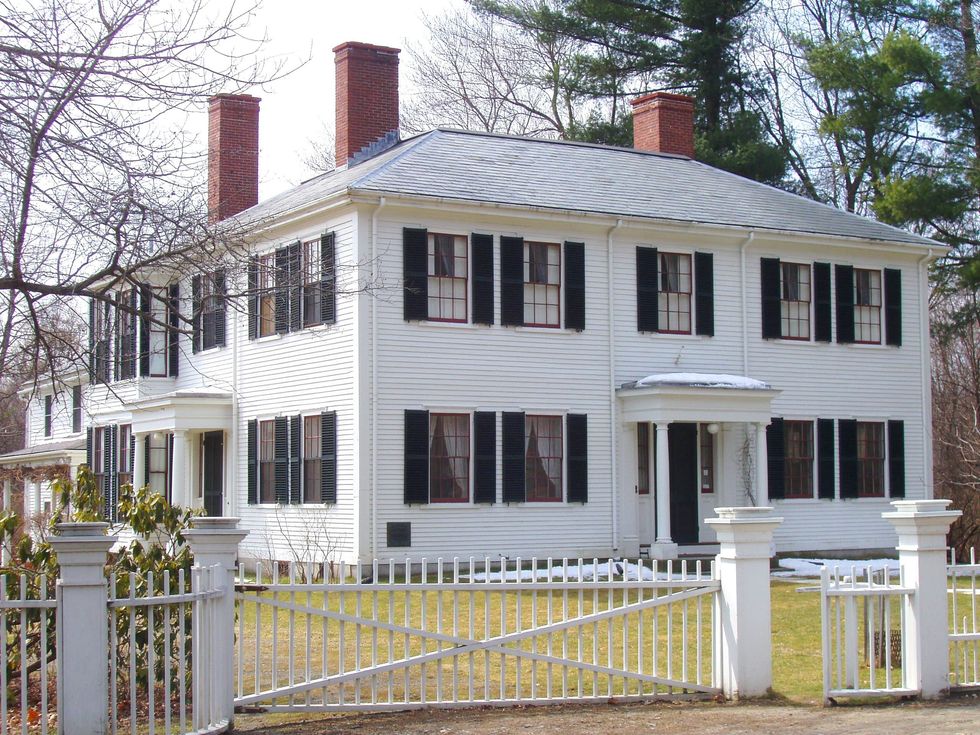

















 Pictured: The newspaper ad announcing Taco Bell's purchase of the Liberty Bell.Photo credit: @lateralus1665
Pictured: The newspaper ad announcing Taco Bell's purchase of the Liberty Bell.Photo credit: @lateralus1665 One of the later announcements of the fake "Washing of the Lions" events.Photo credit: Wikimedia Commons
One of the later announcements of the fake "Washing of the Lions" events.Photo credit: Wikimedia Commons This prank went a little too far...Photo credit: Canva
This prank went a little too far...Photo credit: Canva The smoky prank that was confused for an actual volcanic eruption.Photo credit: Harold Wahlman
The smoky prank that was confused for an actual volcanic eruption.Photo credit: Harold Wahlman
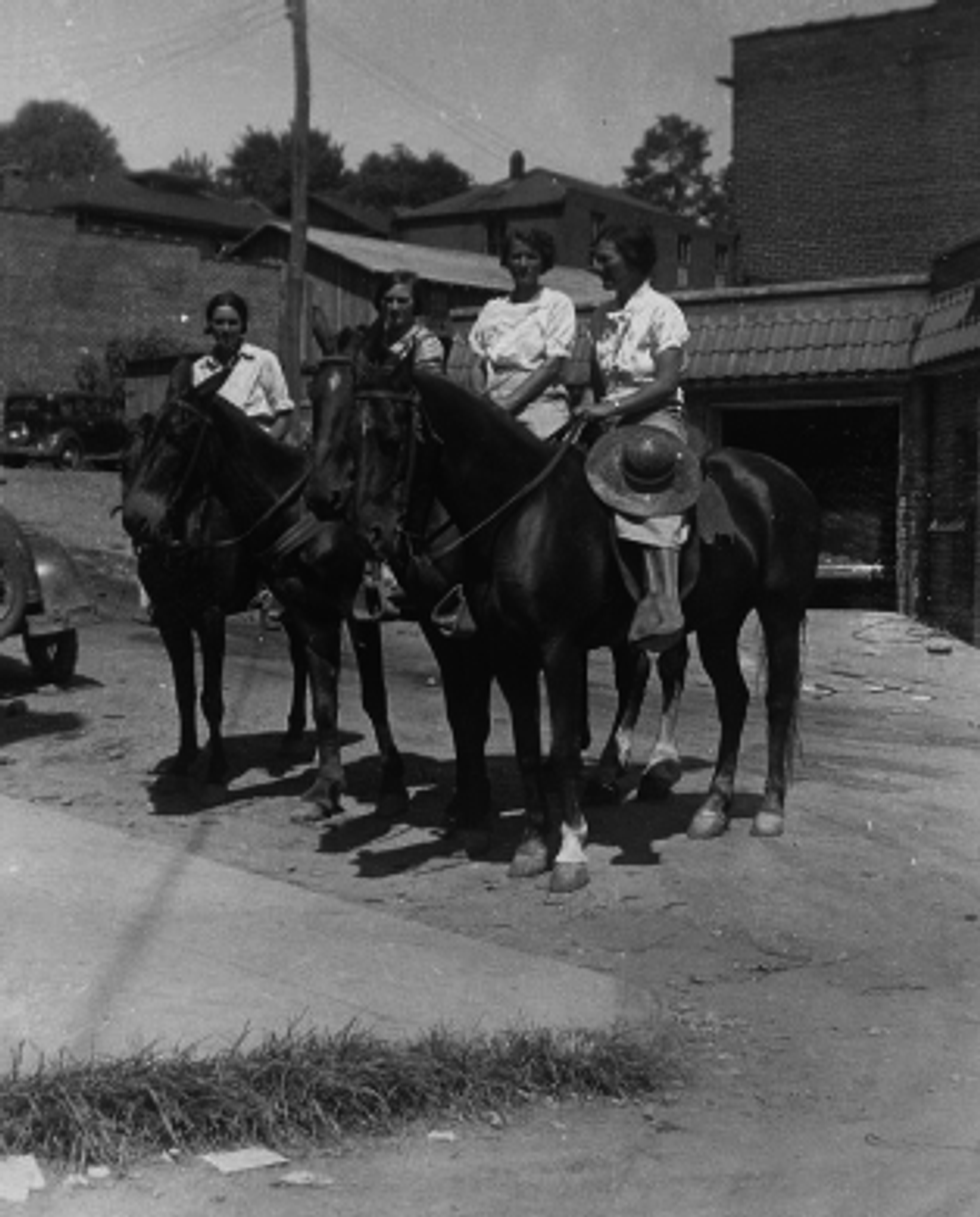 Packhorse librarians ready to start delivering books.
Packhorse librarians ready to start delivering books. Pack Horse Library Project - Wikipedia
Pack Horse Library Project - Wikipedia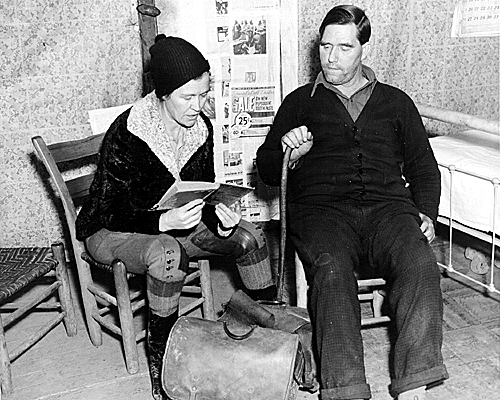 Packhorse librarian reading to a man.
Packhorse librarian reading to a man.
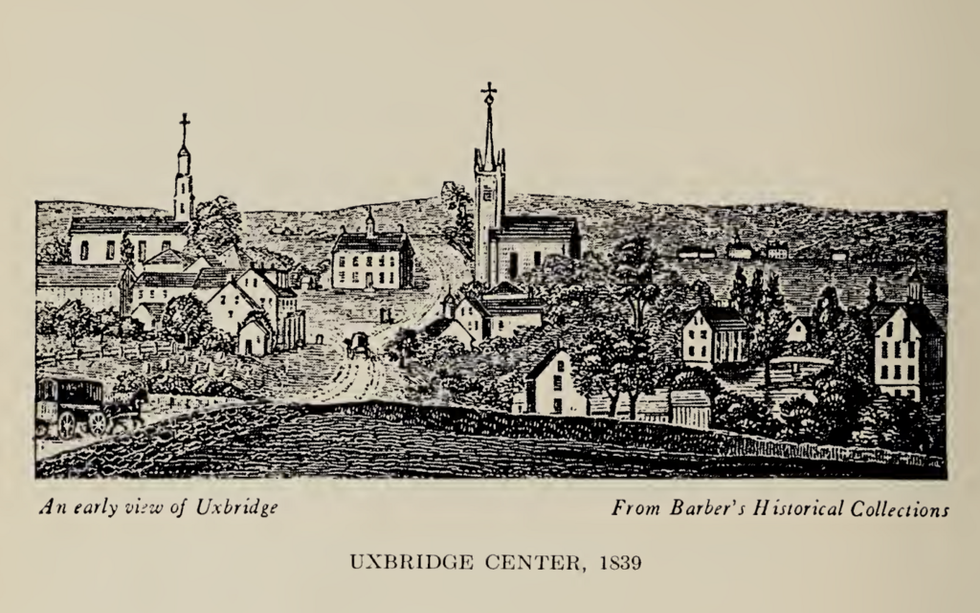 Fichier:Uxbridge Center, 1839.png — Wikipédia
Fichier:Uxbridge Center, 1839.png — Wikipédia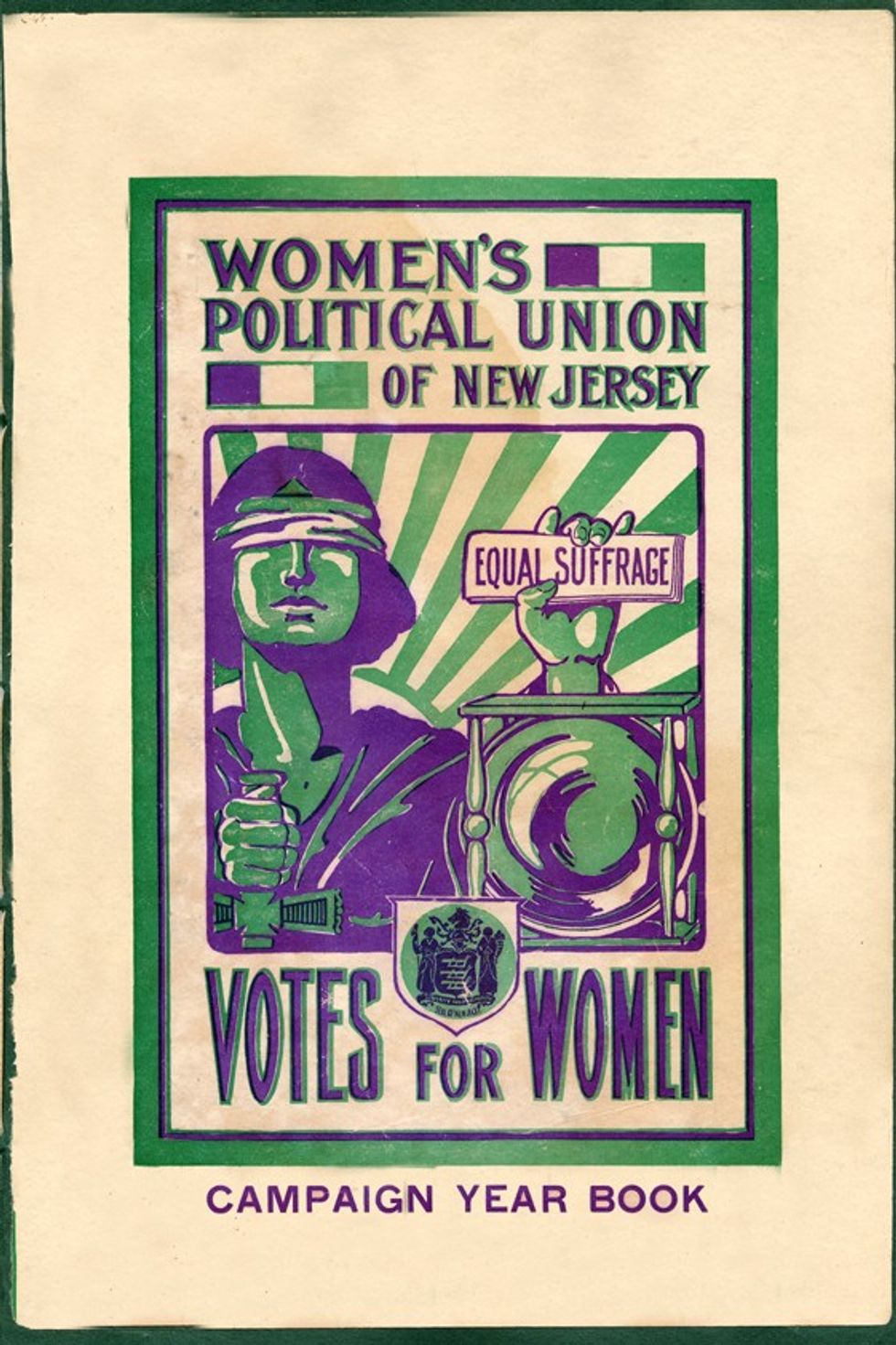 File:Women's Political Union of New Jersey.jpg - Wikimedia Commons
File:Women's Political Union of New Jersey.jpg - Wikimedia Commons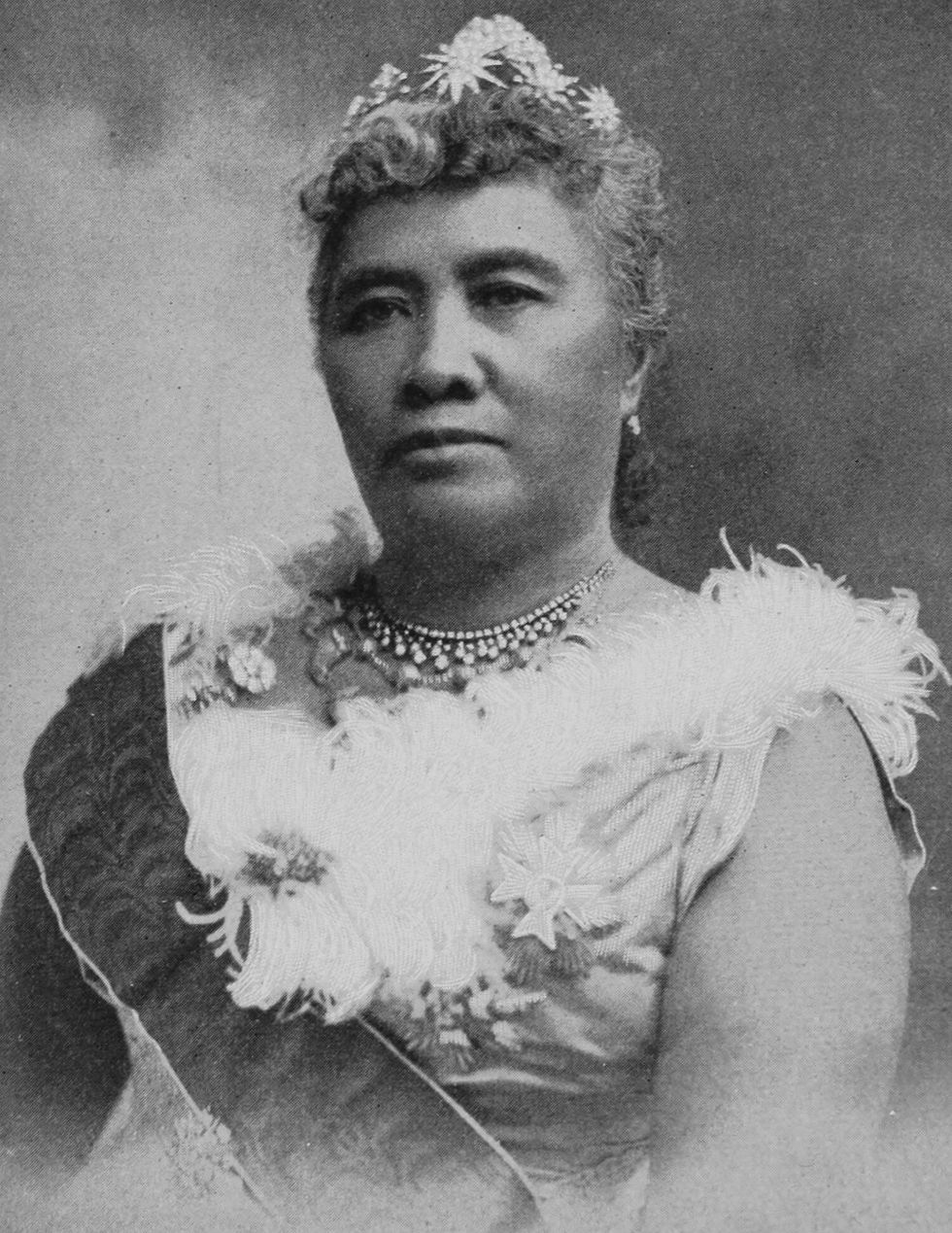 File:Liliuokalani, photograph by Prince, of Washington (cropped ...
File:Liliuokalani, photograph by Prince, of Washington (cropped ...
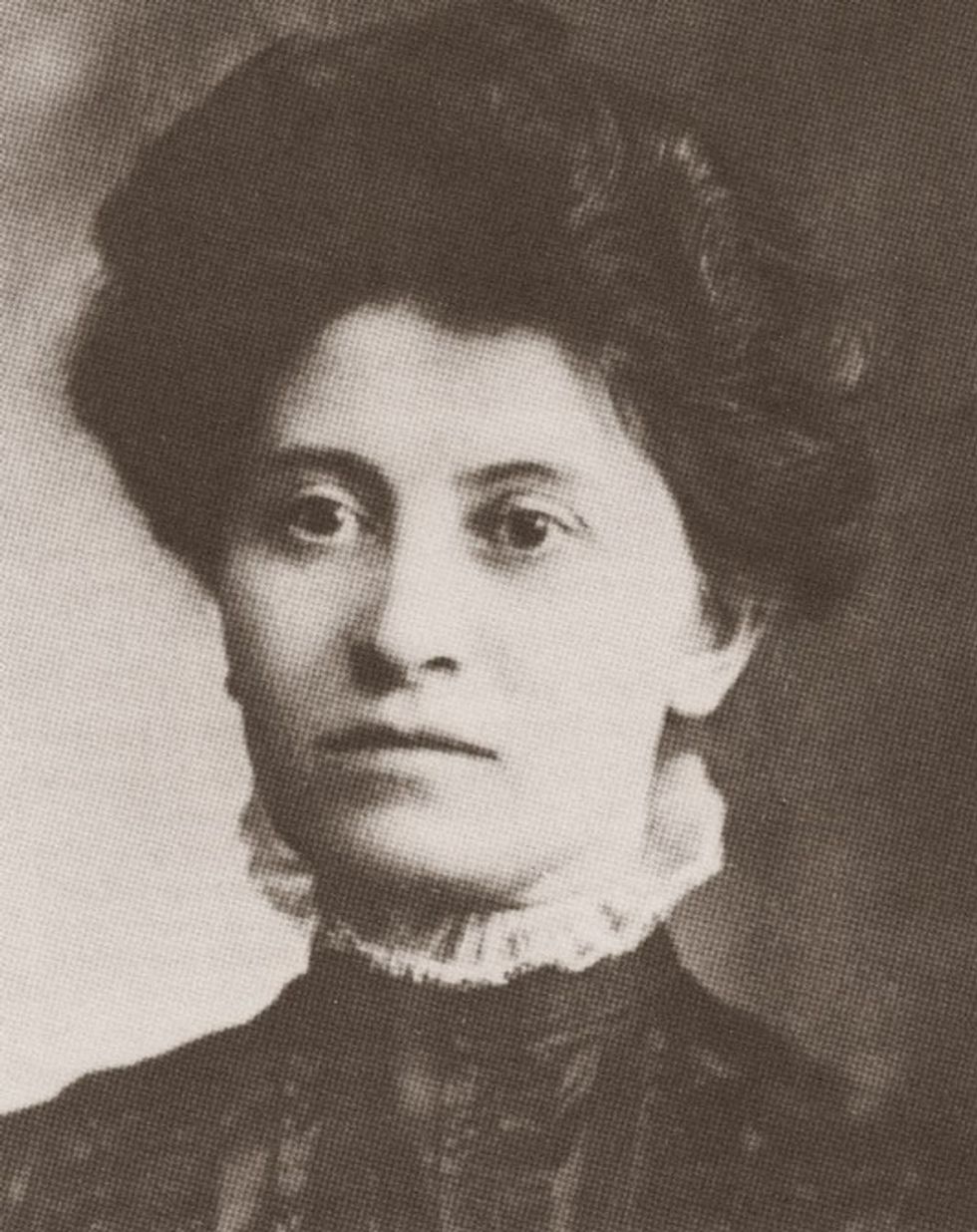 Theresa Malkiel
commons.wikimedia.org
Theresa Malkiel
commons.wikimedia.org
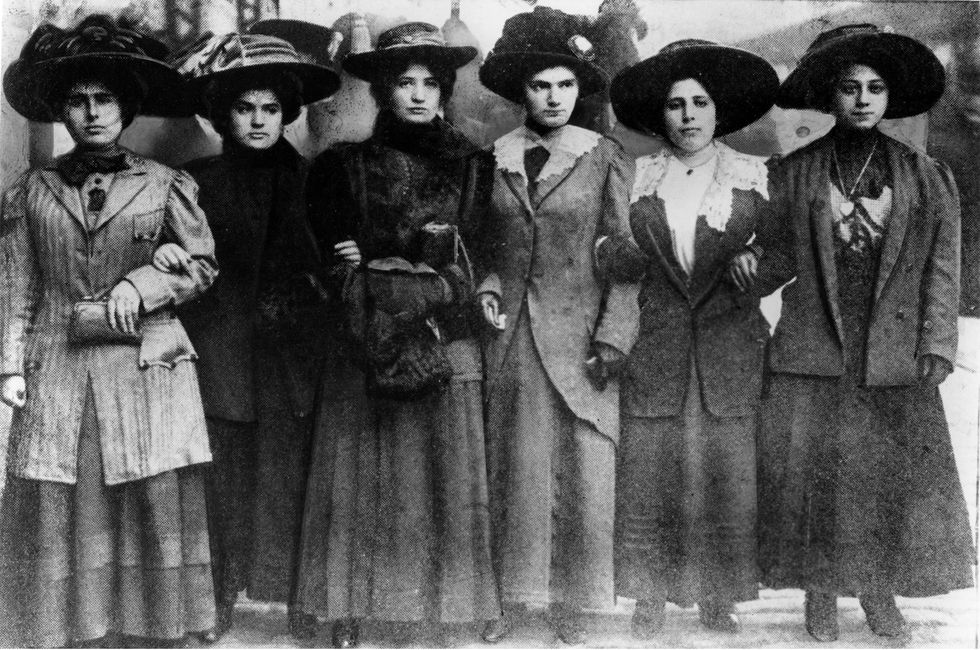 Six Shirtwaist Strike women in 1909
Six Shirtwaist Strike women in 1909
 U.S. First Lady Jackie Kennedy arriving in Palm Beach | Flickr
U.S. First Lady Jackie Kennedy arriving in Palm Beach | Flickr
 Image Source:
Image Source:  Image Source:
Image Source:  Image Source:
Image Source: 